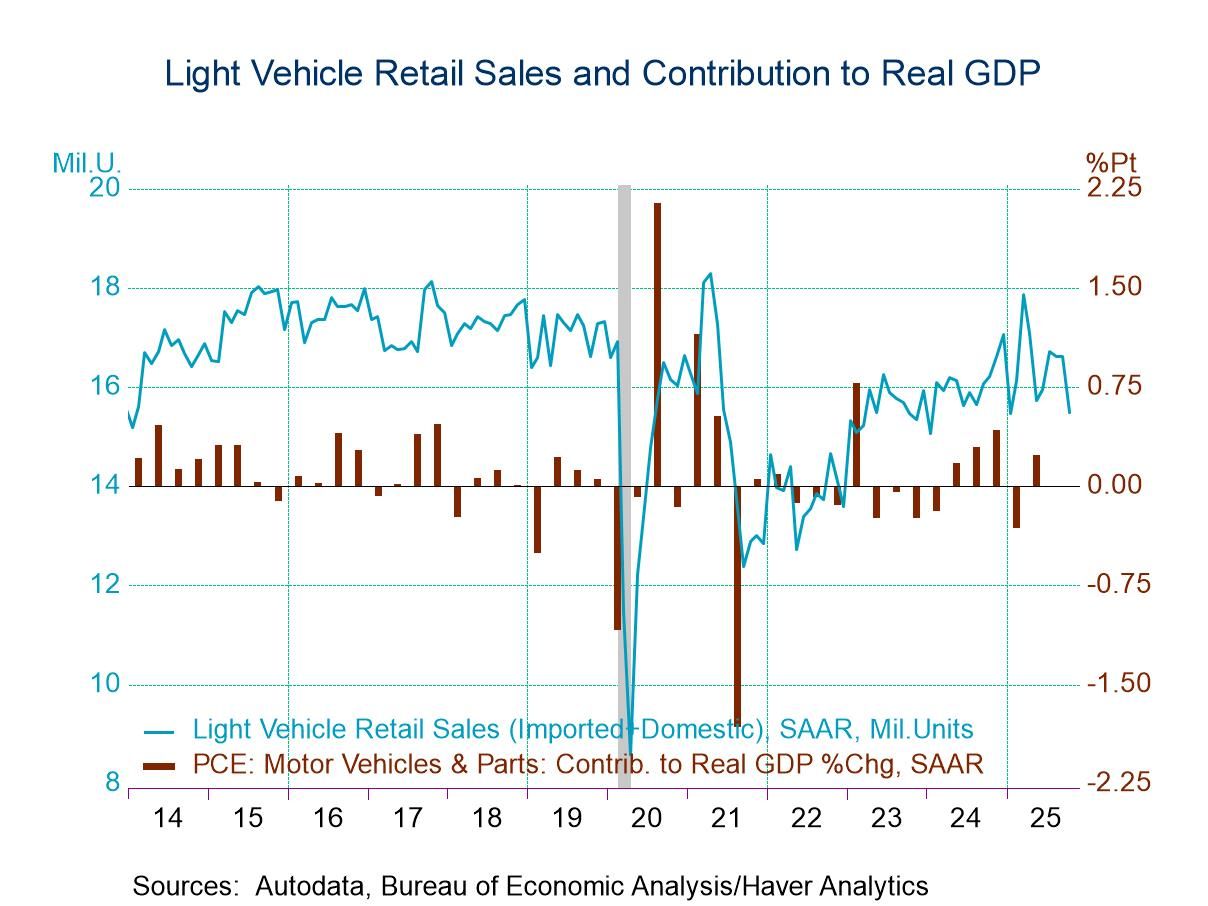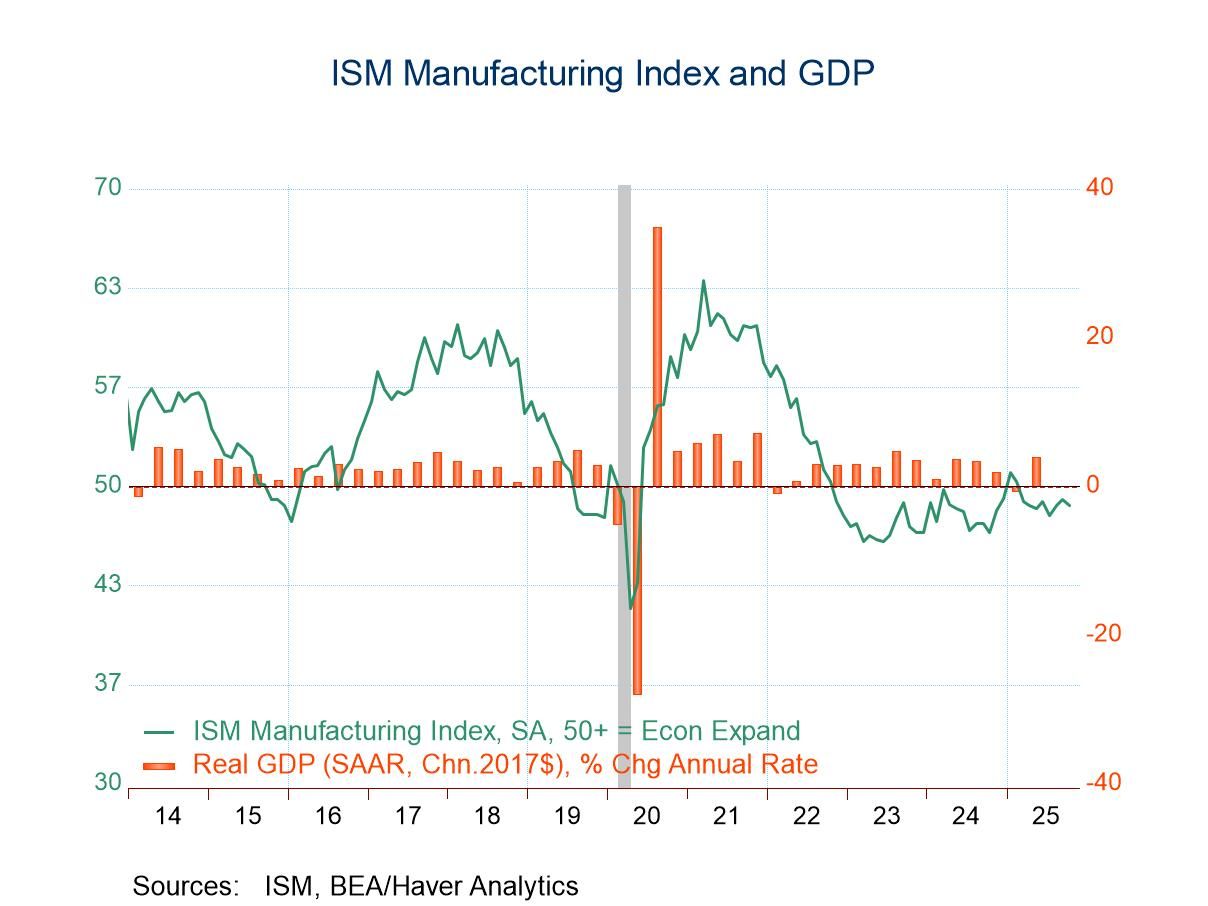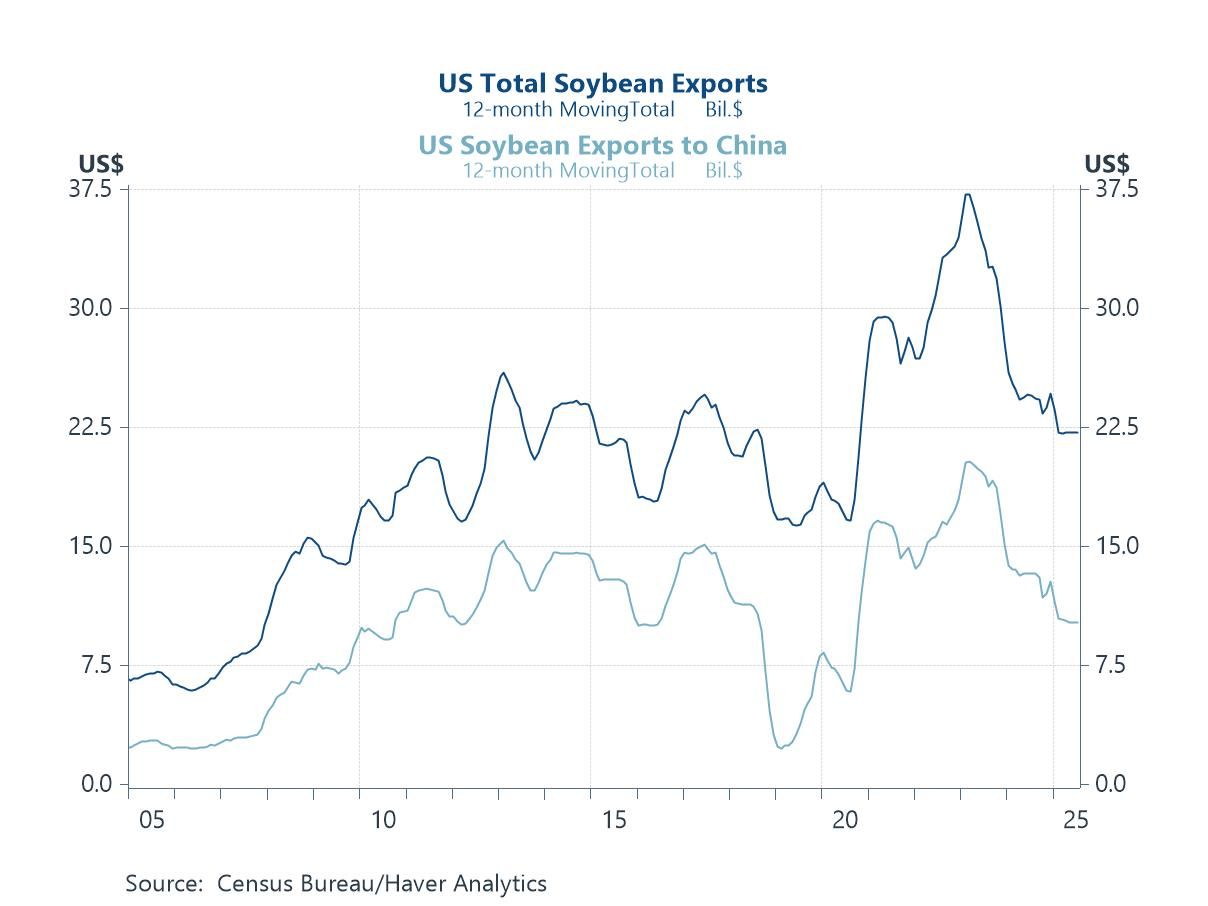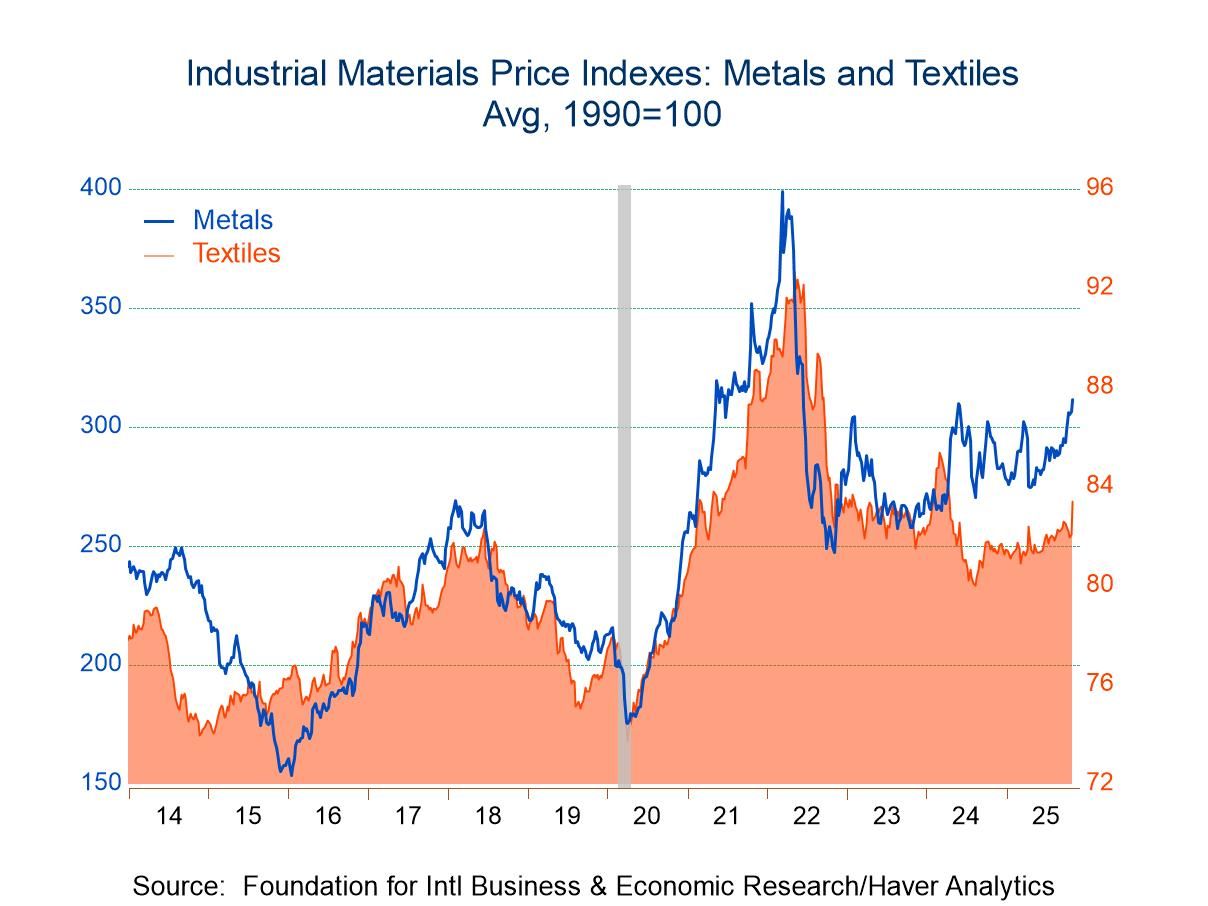 Global| Jun 16 2008
Global| Jun 16 2008EMU HICP Spurts as ‘Core’ Edges Higher
Summary
Ever since Germany revised up its preliminary HICP for May the EMU HICP preliminary result has been on notice for an upward revision too. Today that rate was revised up to 3.7% from 3.6%, a small uptick, yes, but in the wrong [...]

Ever since Germany revised up its preliminary HICP for May the
EMU HICP preliminary result has been on notice for an upward revision
too. Today that rate was revised up to 3.7% from 3.6%, a small uptick,
yes, but in the wrong direction and at the wrong time. The ECB already
is very concerned about inflation and recent labor market activity saw
wage inflation rise to 2.7% in 2008-Q1 from a pace of 2.2% in 2007-Q4.
Various ECB commentators keep reminding us that the ECB could raise
rates at its next meeting.
Still the ECB is doing well, as well as can be expected, on
inflation. Its ‘core’ inflation rate, what we could call core ex-sin
inflation since it excludes alcohol and tobacco as well, is under
control. On this measure the ECB is doing well as inflation on this
core measure ticked up to 1.7% from 1.6% previously. It stands under
the ECB’s ceiling rate much as the Core CPI in the US stands inside the
Fed’s so-called comfort zone. Except the ECB has NO SEPARATE ceiling
for core inflation. So, to the ECB, this moderate core pace is no cause
to celebrate, at least not in public.
Last week we heard from two ECB members on the subject of
prospective ECB rate hikes. Jurgin Stark, a notable hawk, said that the
ECB was not planning a series of rate hikes.
What I infer from all this ECB jockeying around is that
inflation in the zone is actually quite contained apart from the
uncontrollable short term commodity prices that are in the mix.. The
ECB has a ceiling rate at 2% and has been violating it for far too
long. It feels, for credibility’s sake, it must do something. It has
been prevailed upon to defer hiking rates while the banking crisis was
so bad but now it will do something.
Still the ECB is not under any illusions. It knows that it
cannot in any quick way get inflation back below its ceiling as long as
we are in such a strong transition period for oil prices. To try and
squeeze inflation back to 2% in a short period would be more forceful
and act for the economy than even the old Bundesbank would have
contemplated.
It seems that the ECB has opted to live with the inflation
overshoot and to hike rates again to give a clear signal that it is
still fighting to reduce the rate of inflation. Its rhetoric may
continue after the rate hike since the ECB is desperately concerned
with getting control of inflation again and with anchoring inflation
expectations. In the meantime it must at least continue to posture
against the overshoot with verbiage and maybe even occasional actions
if the price shocks continue. But there is no program of rate
tightening in store that is intended to corral the rogue HICP headline.
Energy’s dramatic rise makes that strategy simply too dangerous even
for the world class inflation hawks.
| Trends in HICP | |||||||
|---|---|---|---|---|---|---|---|
| % mo/mo | % saar | ||||||
| May-08 | Apr-08 | Mar-08 | 3-Mo | 6-Mo | 12-Mo | Yr Ago | |
| EMU-13 | 0.6% | 0.0% | 0.5% | 4.2% | 3.5% | 3.7% | 1.9% |
| Core | 0.2% | -0.1% | 0.4% | 2.3% | 2.5% | 2.4% | 1.9% |
| Goods | 0.8% | 0.6% | 1.4% | 11.8% | 5.3% | 4.5% | 1.4% |
| Services | 0.4% | -0.1% | 0.4% | 2.6% | 3.7% | 2.5% | 2.6% |
| HICP | |||||||
| Germany | 0.6% | -0.4% | 0.4% | 2.3% | 1.9% | 3.0% | 2.0% |
| France | 0.5% | 0.1% | 0.5% | 4.6% | 3.8% | 3.7% | 1.1% |
| Italy | 0.4% | 0.0% | 0.6% | 3.8% | 4.0% | 3.7% | 1.9% |
| Spain | 0.7% | -0.1% | 0.4% | 4.1% | 4.3% | 4.7% | 2.4% |
| Core excl Food Energy & Alcohol | |||||||
| Germany | 0.3% | -0.5% | 0.4% | 0.8% | 1.2% | 1.8% | 2.1% |
| France | 0.1% | 0.1% | 0.4% | 2.4% | 2.6% | 2.4% | 1.4% |
| Italy | 0.2% | -0.1% | 0.7% | 3.1% | 2.9% | 2.7% | 1.9% |
| Spain | 0.3% | -0.1% | 0.3% | 2.2% | 2.7% | 3.3% | 2.5% |
Robert Brusca
AuthorMore in Author Profile »Robert A. Brusca is Chief Economist of Fact and Opinion Economics, a consulting firm he founded in Manhattan. He has been an economist on Wall Street for over 25 years. He has visited central banking and large institutional clients in over 30 countries in his career as an economist. Mr. Brusca was a Divisional Research Chief at the Federal Reserve Bank of NY (Chief of the International Financial markets Division), a Fed Watcher at Irving Trust and Chief Economist at Nikko Securities International. He is widely quoted and appears in various media. Mr. Brusca holds an MA and Ph.D. in economics from Michigan State University and a BA in Economics from the University of Michigan. His research pursues his strong interests in non aligned policy economics as well as international economics. FAO Economics’ research targets investors to assist them in making better investment decisions in stocks, bonds and in a variety of international assets. The company does not manage money and has no conflicts in giving economic advice.






